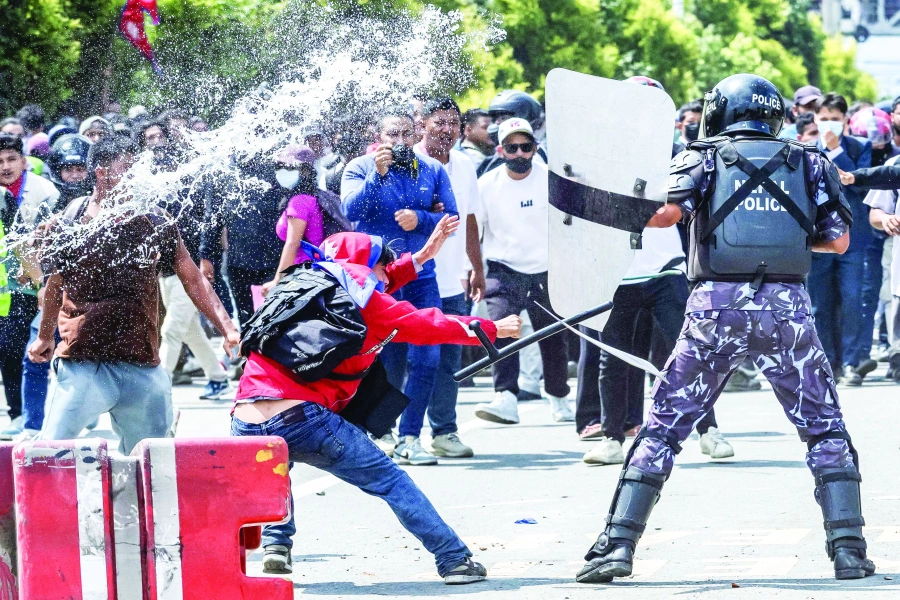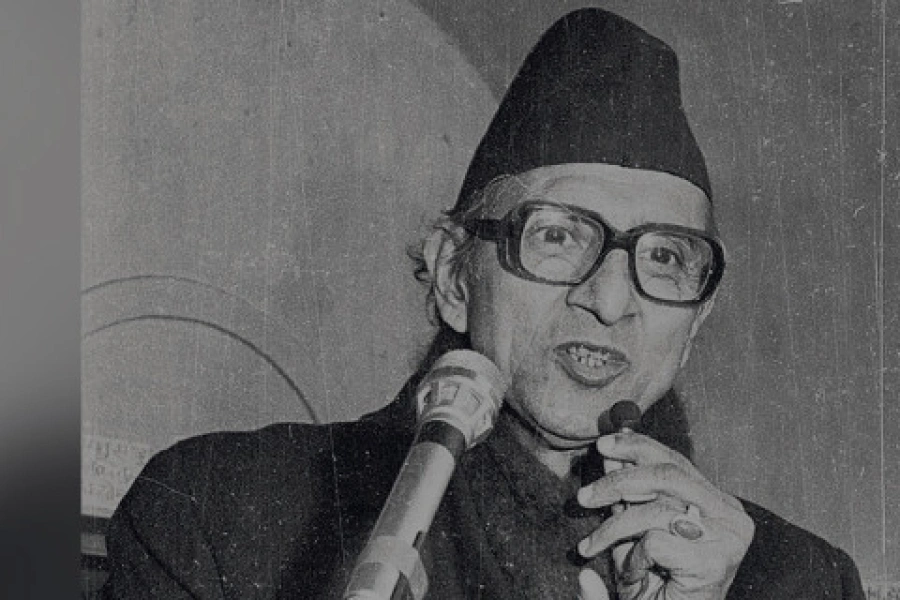The state should apologize for its historically inhumane treatment of the Dalit community
Nepal was declared an ‘untouchability-free’ country in 2006. The constitution has also outlawed all forms of discrimination and untouchability. Article 24 (1) states that “no person shall be subjected to any form of untouchability or discrimination in any private and public places on grounds of his or her origin, caste tribe, community, profession, occupation or physical condition.” The constitution has also granted victims of untouchability the right to compensation in line with the law.
Despite all this, we still get to read media reports of Dalits not being allowed to fetch water from community wells or taps, their being barred from entering temples, forced to wash dishes after eating at hotels of upper-caste owners and Dalit women being accused of practicing witchcraft. Dalit community continues to be victimized largely due to government apathy to punish the guilty.
According to an estimate, there are around 4.5 million Dalits in Nepal, or 20 percent of total population. Around 80 percent of over 20 Dalit caste groups live below the poverty line. Forty percent of the Dalits in Tarai are landless. Needless to say, the Dalit community is the single largest exploited group in Nepal which has been subjected to social, economical and political marginalization.
Dalits belong to the same ethnic groups the so-called high castes fall into. They speak the same language and follow the same Hindu religion. But they are discriminated in every area of public life.
National Dalit Commission defines Dalits as “those communities who, by virtue of atrocities of caste based discrimination and untouchability are most backward in social, economic, educational, political and religious fields, and are deprived of human dignity and social justice.” These communities have suffered injustices for centuries. Social attitude towards Dalits alone is not wholly to be blamed for this.
The state itself institutionalized discrimination by excluding Dalits from policy- and decision-making.
During the Rana rule, autocratic rulers framed laws to treat Dalits as untouchable. In time, the inhuman practice of discrimination became normal. This is why the state should apologize to the Dalit community for their inhumane treatment in the past. It should then show more resolve to root out caste-based discrimination and untouchability.
Dalits are subjected to inhuman treatments right across South Asia but Dalits of Nepal are said to fare the worst. Caste system originated in India but the intensity of caste based discrimination is higher in Nepal.
Dalits are Hindus by birth but they are restricted from entering temples. They are not allowed to practice Hindu rituals as carried out by Bhahuns and Chhetris. Sociologists believe a larger number of Hindu Dalits have converted to Christianity for the same reason. When their own religion does not treat them right, it is natural to seek protection in another religion. In India, BR Amedkar and his five million Dalits followers had converted to Buddhism to escape caste-based discrimination.
We need to reform Hindu religion to boost the spirit of Dalit community. Religion can help root out case-based discrimination if Hindu leaders are ready to embrace everyone irrespective of their castes and treat them as equals.
Even today, those who marry across caste lines are physically attacked and socially boycotted. In some places the whole family is banished from their village if a Dalit marries someone from an upper-caste family. The government should ensure security of such couples and families.
Education can be another effective means to empower Dalits. Government has declared secondary level education free. But for many Dalits school education is still unaffordable. Thus Dalits below the poverty line need to be provided with extra economic incentives to join schools.
Most Dalit children are forced to work as child laborers to manage two meals a day. If the government provides land to landless Dalits, this problem will be greatly reduced. Landlessness has made Dalit economically vulnerable and dependent on upper castes.
We have quotas for Dalits in government jobs. But often those with political connections grab those jobs. The government should give priority to poor Dalits for such jobs. Private sector, responsible for most jobs in Nepal, should also have quotas for Dalits.
Nepal is a signatory to 24 human rights related treatises that have outlawed caste-based discrimination and untouchability. The constitution has also recognized such discrimination as punishable offense. Thus a lot has changed on legal front. We now need to change out mindset and oppressive attitude.
Nepal’s seven-decade-long Dalit movement has failed to achieve anything substantial because of disunity among Dalits. Ultimately, unless Dalits themselves stand united, caste-based discrimination may continue for years to come.
Ukraine and Russia forces entrenched, Putin to mark WWII annive...

dk7030@gmail.com







































